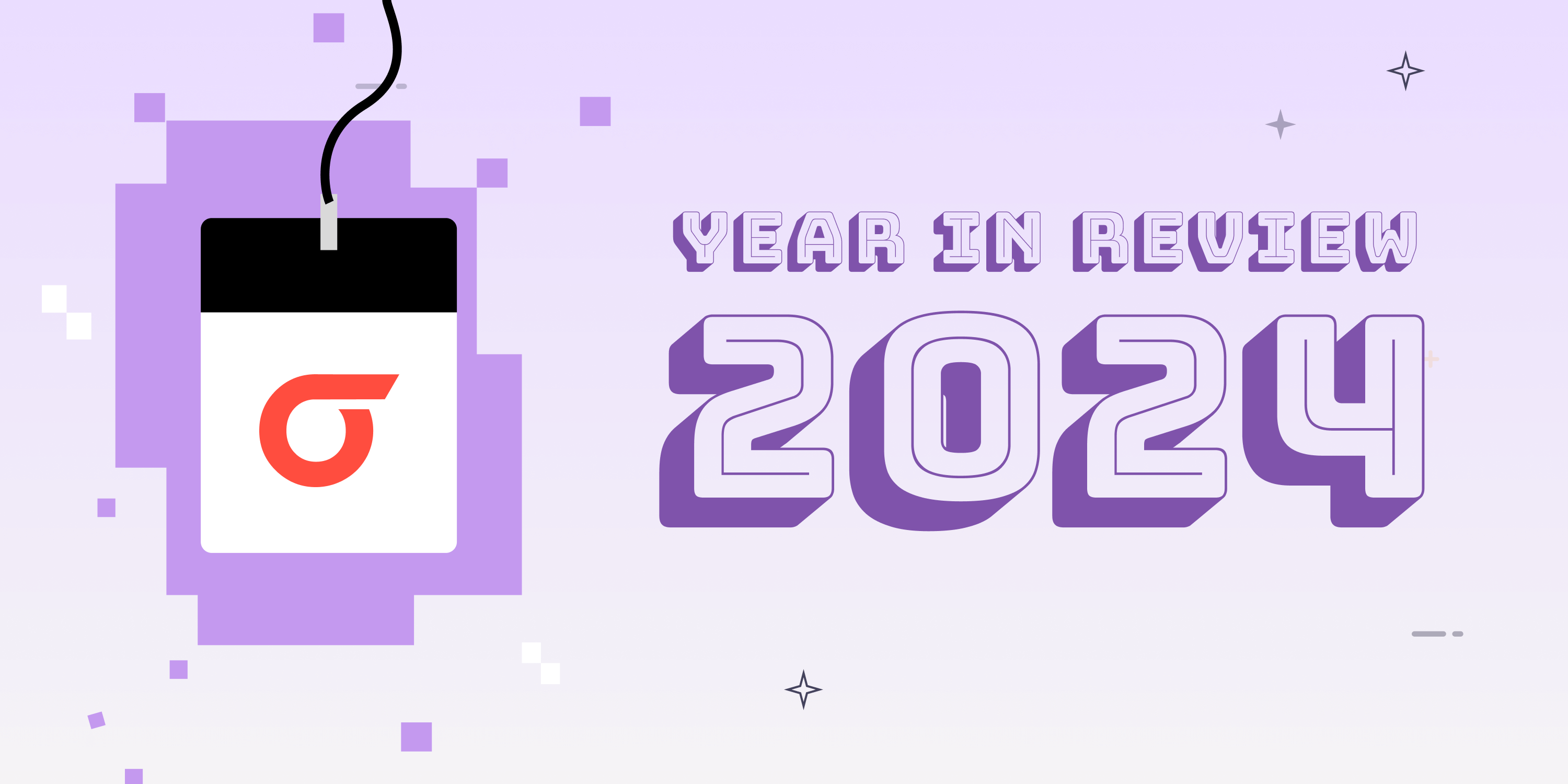Passwords seem seriously inadequate for security in our lives. It seems they are always getting compromised or hacked through security flaws in apps, and they never seem strong enough. Most of us will be familiar with the headaches of finding the perfect 8-character-long password, only to be told that you’ve used that one before.
Even though we know we should use a different password for every secure video conference or site we create accounts for, it’s hard to remember more than one! Life is too short to fill our brains with endless strings of letters and numbers. And putting your passwords all on a post-it note comes with its own hazards.
And who would guess that your password for absolutely everything is a lyric from your favorite Smokey Robinson track, anyway? Or else the name of your hometown next to the number of the year you were born? Or, you know what, nobody would ever be silly enough to guess? “123456”! – because it’s just too obvious. Trick those hackers with simplicity. Genius. Better yet, your password could be “Password.”
Just to clarify – none of these password choices are serious suggestions or viable options. Please, do not choose “Password” or “123456” as your password. Unless you’re trying to get hacked in an elaborate plan to hack the scammers like that guy on YouTube.
So what are the alternatives to using the same, tired password you’ve had for everything since 2003 or changing your passwords every time you log on because you’ve already forgotten what you changed it to just the day before?
Passphrase
You’ve heard of passwords, but have you heard of passphrases? Instead of a 6-10 character password, you can opt for a whole phrase. You can choose something that’s 100 characters long if you wish, provided there’s no upper limit on how many characters you can include on your cloud phone system for small business tools.
While this might sound daunting, it can be easier to remember a phrase than a password. It doesn’t have to have capitalizations, numbers, or punctuation marks (although this will help make it even more secure). The longer the password or phrase, the harder it will be to hack. Multiple words in a phrase make a lot of extra time and work for hackers.
Password Storage Systems
They feel freakishly simple – password storage systems. They auto-fill your passwords for different websites on your behalf. You may have no idea what the passwords for your social media security are in the first place because the system created them to be as strong and unhackable as possible.
One drawback of these systems is that if your devices aren’t synced up – if you don’t have the same system across your devices – you might only be able to log on from your computer and not your phone, or vice versa.
For example, suppose you run a business and use various software integrated with your phone systems provided by companies like eVoice. In that case, you must ensure that everyone who needs access to the software has the necessary login details.
You need some level of tech-savviness and patience.
You also need access to the technology, and while these passwords are strong, they’re not totally unhackable.
Biometric Data
You probably are already familiar with this system, if not from your own devices at home, then possibly from using the self-service machines at the airport for passport control. Particular alternatives to DocuSign options rely on biometric data to prove you are you.
You don’t have to remember your fingerprints and face – you just have them on you at all times! It’s great. Much more handy for unlocking your phone or making purchases on application stores than traditional passwords.
But, there is a caveat – your biometric data can be stolen. How? Well, like anything else, this information can be stored on your devices and is therefore vulnerable to hacking. There have also been other cases where suspected theft has occurred through seemingly innocuous apps.
Perhaps you heard of or even used one of those apps that you take a picture with and see what you would look like when you’re older if you were a different gender or as a baby – yes, that one is a little weird. There was some concern that people accidentally sent a plethora of personal information about themselves, along with a clear picture of their face, to an unknown server.
Is nothing sacred in this world? Can’t a person agonize over the frown lines they haven’t even developed yet in peace? Well, liveness AI can help stop hackers wearing literal face masks (plastic masks of people’s faces) from managing to steal people’s identities, and ACID database tools help keep your data secure. The technology is ever-evolving, hopefully at a faster pace than the tools of hackers.
Two-step Authentication
As working from home is commonplace thanks to technology such as the many small business VoIP service options available, two-step authentication has increased in use. This is when, for example, you log in to your social media accounts from a new device and get sent an email with a unique code to check if it is really you.
You can also get a text to your phone with a code or a link to click on that will log you in. Some companies provide an app you can download for this purpose. Many banks now offer card readers or tokens that produce unique codes so that you can log on to your banking with greater security.
This is more secure than relying on a single password, but hackers can still intercept codes in theory. Additionally, many of these systems are made easier to use with smartphones- which not everybody owns. Almost a third of US adults over 65 do not even own a smartphone.
And, of course, sometimes, you lose your card reader, or it runs out of battery at the most inopportune time (or opportune time if you were about to make a spontaneous and ill-advised purchase).
So What’s the Hold-up?
A few things are holding us back from going password-free in society.
- Habit: we have used passwords for so long that it’s hard to imagine a world without them – and in some cases, it can feel suspiciously easy to trust a robot to identify us with our biometric data. A password or passphrase that only we know (hopefully) likely offers a sense of control.
- Lack of access to technology: we might assume that everyone has access to a smartphone around the world, but we would be wrong. Not everyone can afford or has access to the technology that would allow them to go password-free. It’s still a privilege of sorts to consider going password-free.
- Smart hackers: isn’t it always the way? The smarter and more efficient we get at protecting our data, the more intelligent and efficient hackers seem to find the security problems in mobile apps we use. It’s like an endless episode of Tom and Jerry.
- Passwords still have their uses: passwords, while not a great system, are kind of the best thing we have at the moment. While they’re not that great on their own, without a system to help us remember them and systems to double check it’s us, they are one step of the verification process that we haven’t yet figured out how to replace.
- Passwords are affordable: passwords are essentially a zero-cost option available to anyone and everyone, so companies are keen to keep using them. They are also pretty easy to use on a large scale.
- Privacy: while passwords may feel like the old and rusty tools of yesteryear, they offer something that biometric data might not – added privacy.
Just like it can be dangerous if your domain name system gets into the wrong hands, which is why performing a DNS leak test is advisable, there’s some concern that biometric data could get into the wrong hands and lead to things like identity theft. Passwords can be changed, but fingerprints cannot.
- Changeable: on the subject of a data breach, if a host of biometric data is stolen, it cannot be changed. Passwords can be changed indefinitely. Post-it notes are never going to become redundant.
So, What Does the Future Hold?
Cybersecurity methods are an ongoing puzzle that needs to be solved over and over again. Will passwords still exist in the future? In the near future – yes. In the distant future? Hard to tell, but possibly just as vinyl and polaroid cameras and typewriters still have their place, maybe passwords will as well.
The future of passwords is yet undecided, but they are a free and changeable option, making them an attractive part of data security, even if they’re not a great standalone option. Alongside two-step authentication and biometric data, they could be a vital piece of a complex puzzle.




















Discussion about this post